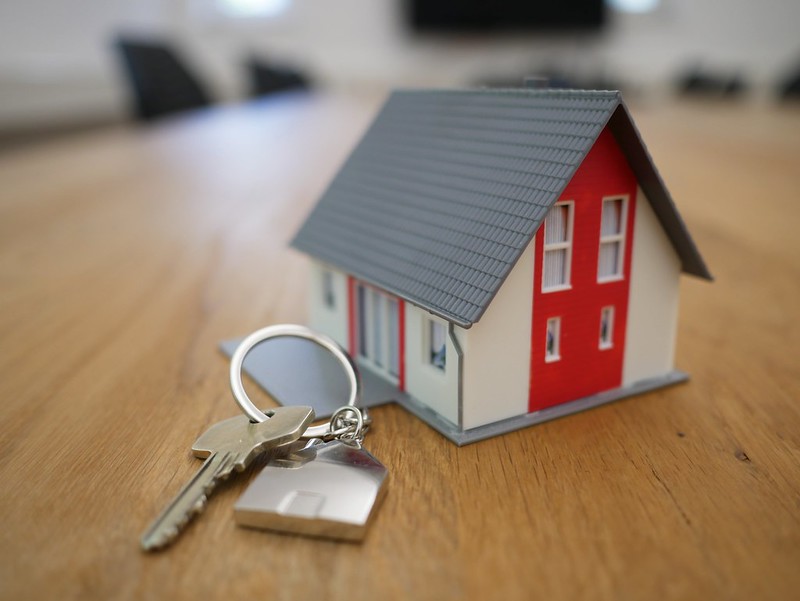
According to property listing giant Rightmove, home sellers in the UK have maintained their optimism this year, pushing asking prices higher despite the impact of rising mortgage rates on
monthly payments.
Although the annual increase in asking prices is the slowest since the end of 2019, it is still on an upward trajectory. The average price of newly-listed homes rose by 0.5% to £371,907 in the year leading up to July, marking a 2.6% increase since the beginning of the year.
However, it appears that many sellers' confidence may be unfounded, as an increasing number of properties are experiencing price cuts after initial listing, failing to attract buyers.
The areas most affected by rising mortgage rates, which have inflated monthly costs for potential buyers, are those with high property prices and where buyers are already financially stretched.
Rightmove acknowledged that prices have shown greater resilience than expected but noted that surging mortgage rates are now starting to impact the property market.
Tim Bannister, Director at Rightmove, stated, "While prices and sales rebounded more strongly this year than anticipated, stubborn inflation figures and unexpected mortgage rate hikes, following a period of stabilization, have contributed to price declines and a decrease in the number of agreed sales. The tighter monetary policy measures to slow the economy are now beginning to impact the housing market."
On a monthly basis, asking prices experienced a slight decline of 0.2%, compared to zero growth in June, which is marginally below the typical stagnation observed during this time of year.
These observations align with the latest survey from the Royal Institution of Chartered Surveyors (RICS), which indicated that buyer interest, sales, and property prices suffered in June due to ongoing mortgage rate increases. June saw the lowest level of new buyer inquiries in eight months, indicating a "renewed deterioration" in the UK sales market, as reported by RICS.
Additionally, Halifax, the UK's largest mortgage lender, revealed that house prices fell at their sharpest rate in 12 years this month, with an average decline of £7,500 over the past year.
Rightmove's report also highlights that the number of agreed sales is now 12% lower than the more typical market level seen in 2019, despite the surprisingly strong performance in the first five months of this year. However, buyer demand has remained resilient, rising by 3% compared to the same period in 2019.
Estate agents have reported that well-priced homes continue to attract buyers due to the scarcity of properties available for sale compared to historical norms. First-time buyers, those looking to upgrade, and downsizers with larger deposits and lower mortgage requirements are actively searching for the right property that is reasonably priced and still within their affordability range.
Larger homes have faced more challenges in finding buyers, with agreed sales for second-stepper homes and top-of-the-ladder properties falling 14% compared to last year. In contrast, sales for smaller two-bedroom homes have experienced a milder decline of 9%.
Bannister noted that the persistence of inflation and higher mortgage rates has posed additional challenges for the market. Some buyers are holding off on making moves until there is more certainty regarding stabilized mortgage rates and are assessing how increased costs impact their plans.
Regionally, London, the East, and the South East were the only areas where prices fell compared to the previous year, with declines ranging between 0.4% and 0.6%. Scotland saw the fastest annual growth, with average asking prices surging by 3.6%, followed by Yorkshire and the Humber with 2.1% growth.




































